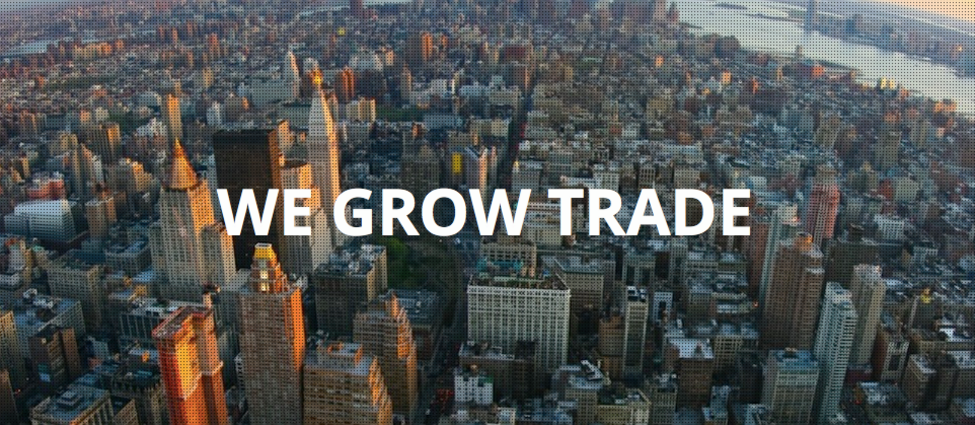

Vladimir Salamatov speaks at the 21st annual meeting of the U.S.-Russian Business Council in Huston. Texas

On October 29, Vladimir Salamatov, General Director of the World Trade Center Moscow, addressed the 21st annual meeting of the U.S.-Russian Business Council in Huston, Texas.
The key topic of the meeting was “Business: Leading U.S.-Russian Engagement.” The conference was attended by the following dignitaries:
Klaus Kleinfeld, Chairman and CEO, Alcoa; Chairman, U.S.-Russia Business Council;
Daniel A. Russell, President and CEO, U.S.-Russia Business Council;
Sergey Belyakov, Deputy Minister, Ministry of Economic Development, Russian Federation;
Amb. Sergei I. Kislyak, Russian Ambassador to the United States;
Amb. Michael McFaul, U.S. Ambassador to the Russian Federation;
Andrei Slepnev, Minister of Trade for the Eurasian Economic Commission;
Daniel B. Poneman, U.S. Deputy Secretary of Energy;
Vladimir Salamatov, General Director, World Trade Center Moscow; and many others.
Mr. Salamatov made his presentation at a panel session entitled “Russia’s Global Integration: Next Steps.” The attendees discussed Russia’s transition to new rules promoting transparency and market competition, which are of paramount importance for business.
At a plenary session, the guests also looked into other issues, such as steps aimed at Russia’s integration in the global economic community, and the Eurasian Economic Space, as well as matters related to industrial policy, technical standards, protection of intellectual property, and prospects for increased activity by Russian businesses in the U.S. market. Specifically, the impact of those processes on Russia’s investment attractiveness was one of discussion points.
The panel session was moderated by Edward Borovikov, Managing Partner, Brussels Office, Dentons. The session was also attended by Elizabeth Hafner, Deputy Assistant USTR for Russia and Eurasia, Office of the U.S. Trade Representative, Matthew Murray, Deputy Assistant Secretary, U.S. Department of Commerce, and Andrei A. Slepnev, Minister of Trade, Eurasian Economic Commission.
In his address, Mr. Salamatov drew his colleagues’ attention to harmonization of technical regulation systems existing in Russia and the U.S. According to him, the European Union accounts for the larger portion of the Customs Union’s exports, or 57% of the trade turnover, while the U.S. only for 2.2%. Total exports of the Customs Union countries have reached $600 billion. In Mr. Salamatov’s opinion, there are at least three ways of bringing down technical barriers in the Russia-U.S. mutual trade, namely harmonization, unification and equivalence.
The head of Moscow’s WTC emphasized the importance of promoting Rosakkreditatsiya’s membership in international organizations, such as ILAC and IAF, setting up a sub-group for collaboration in the areas of standardization and conformity assessment within the Russian-U.S. presidential commission, and application of the USRBC’s frameworks that the business community might use to promote intergovernmental collaboration. (Rosakkreditatsiya is an acronym for the Federal Accreditation Service.) Mr. Salamatov believes that all that would promote mutually beneficial collaboration.